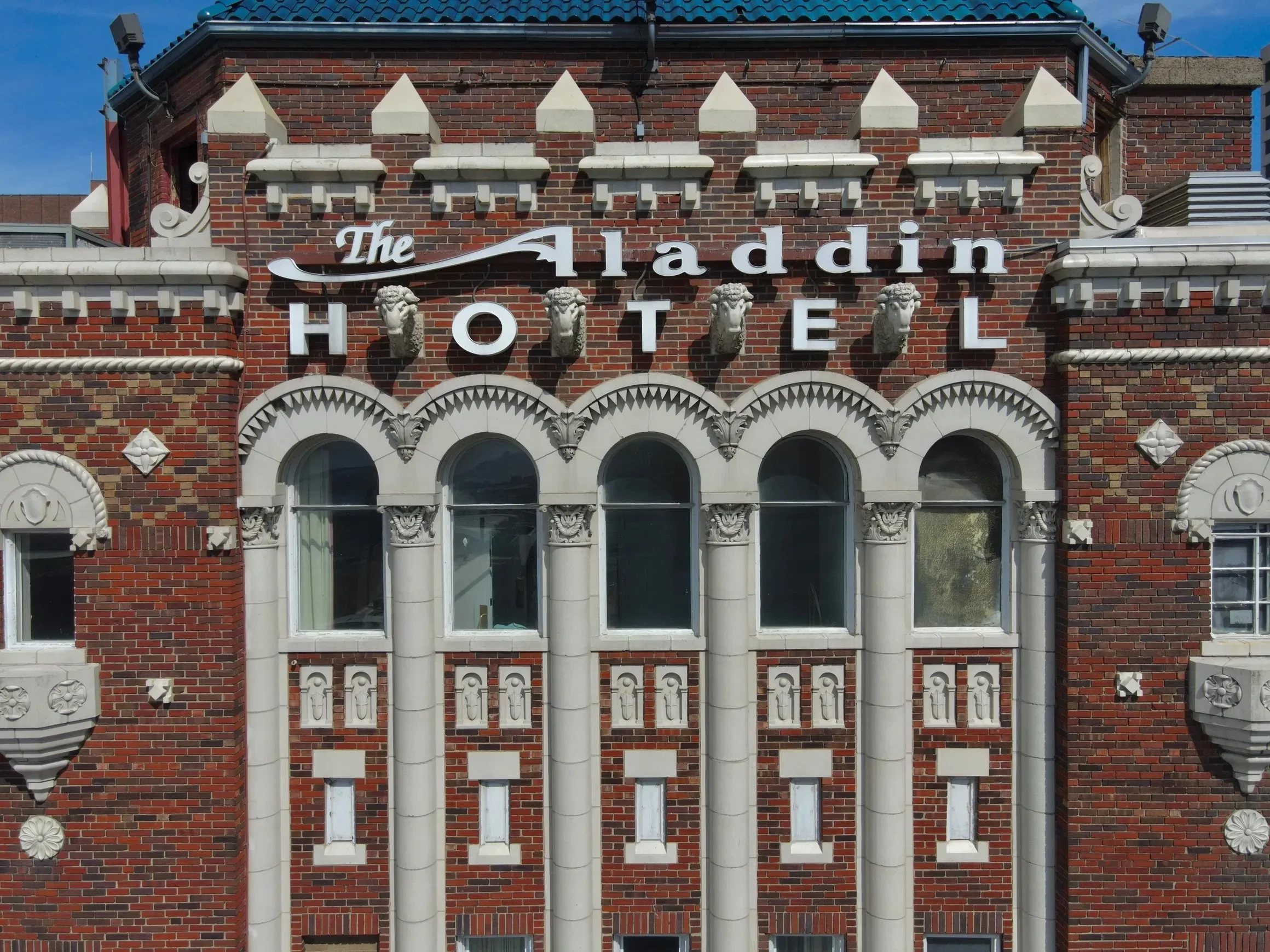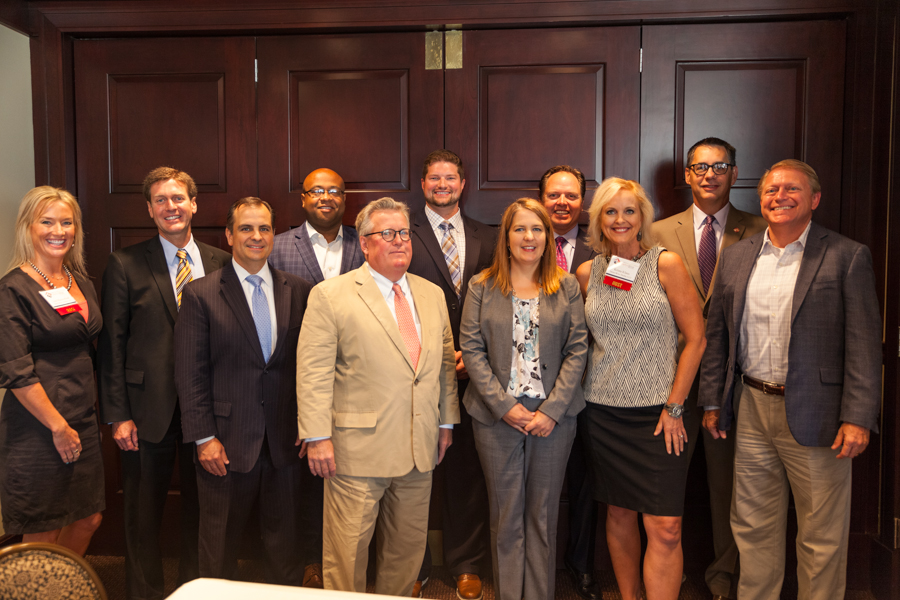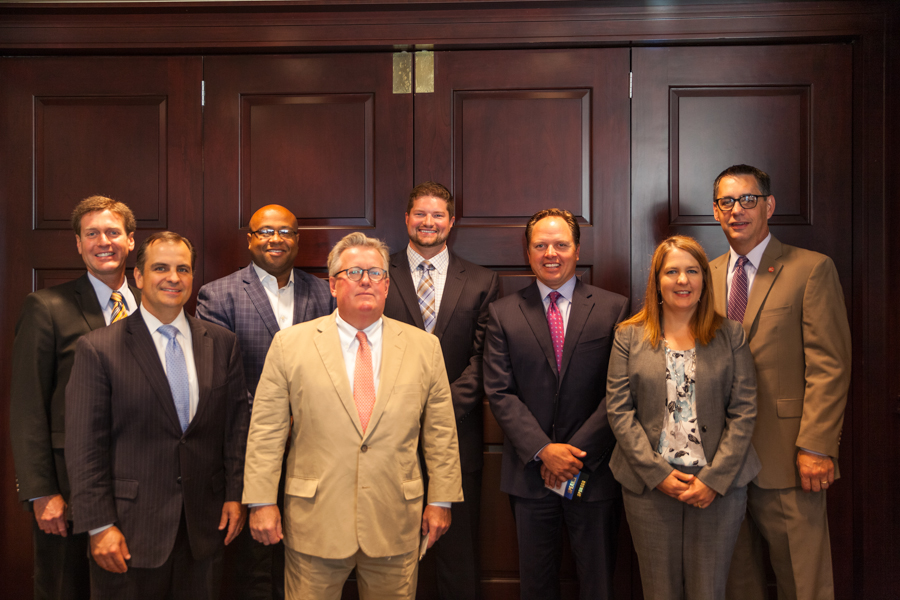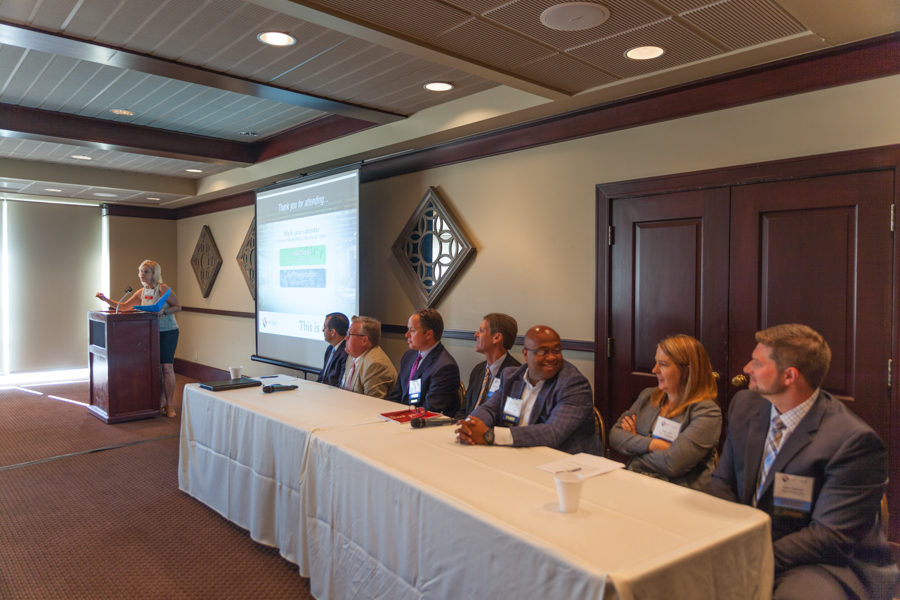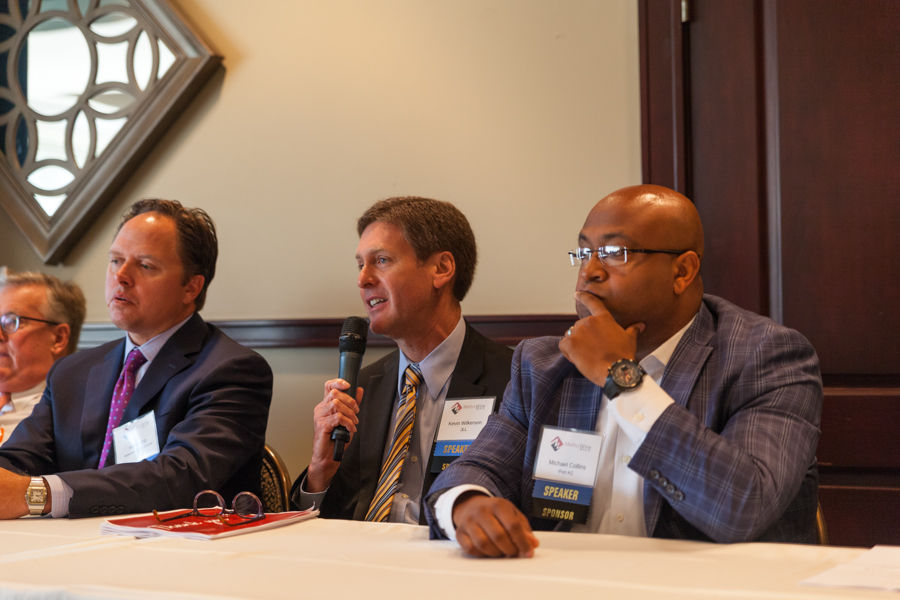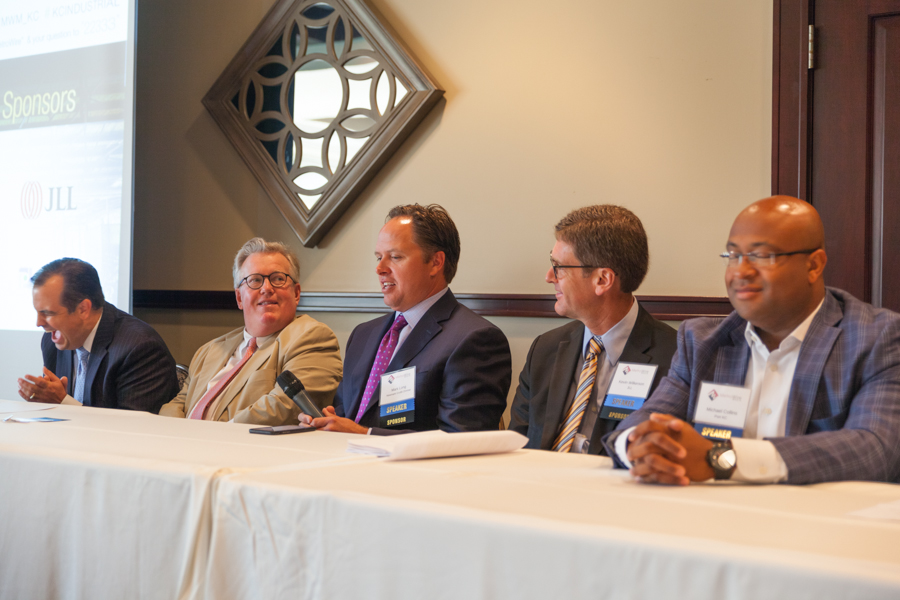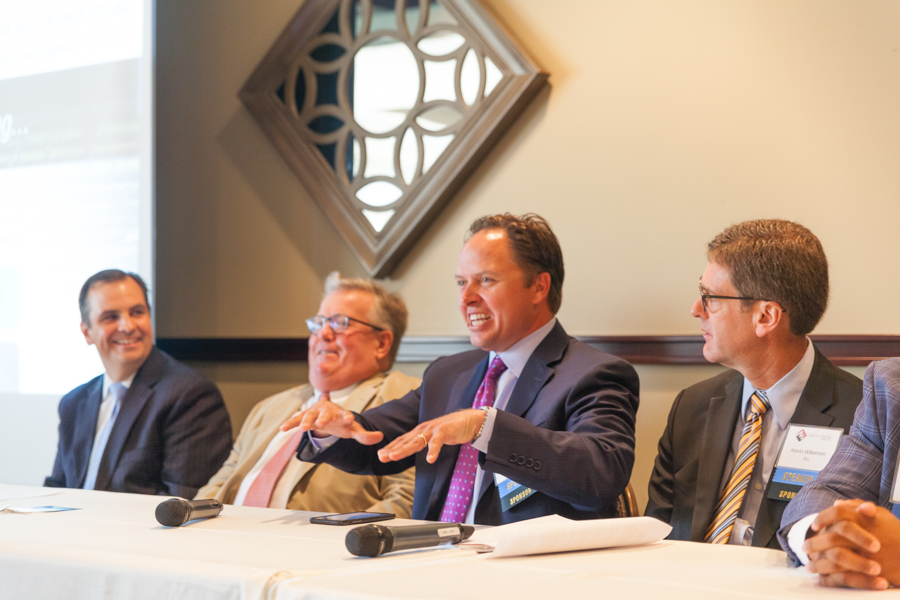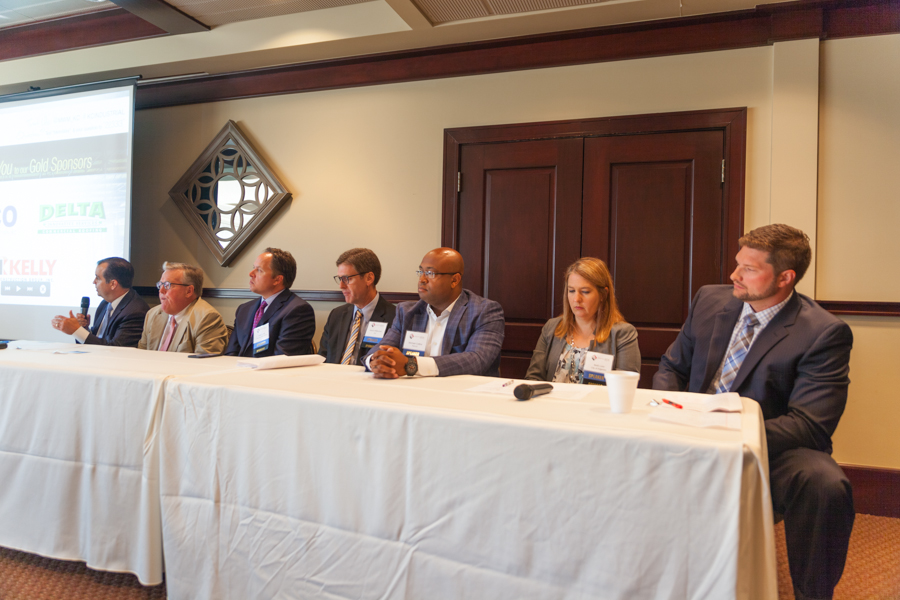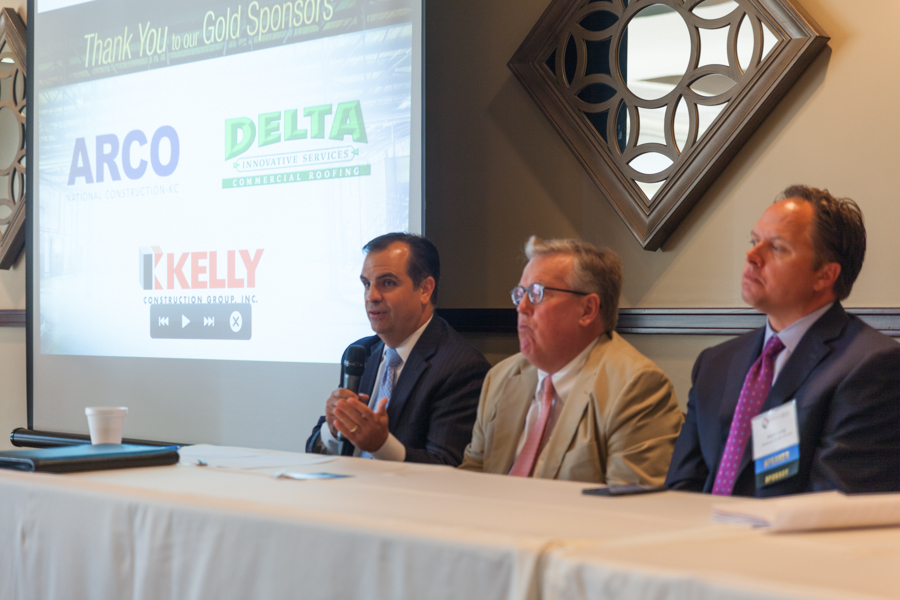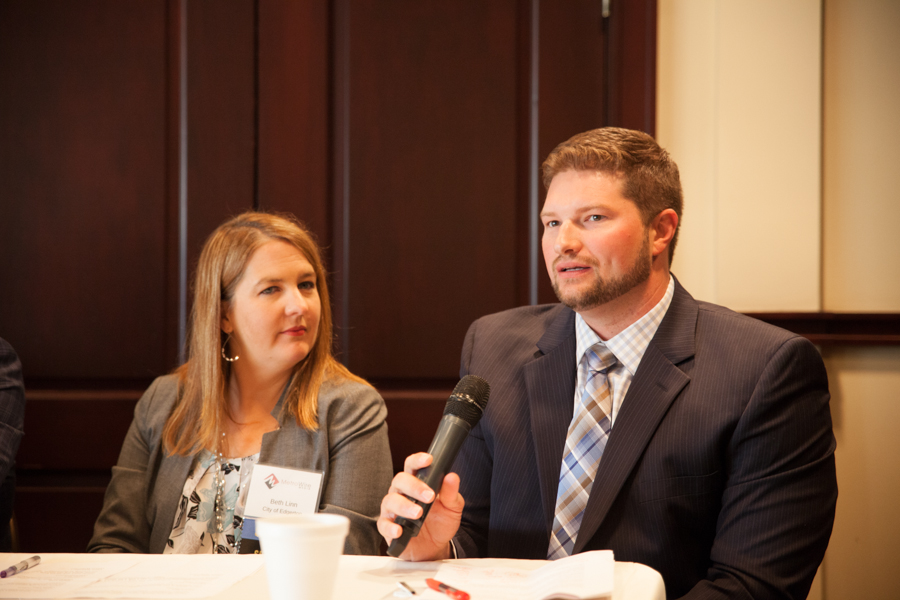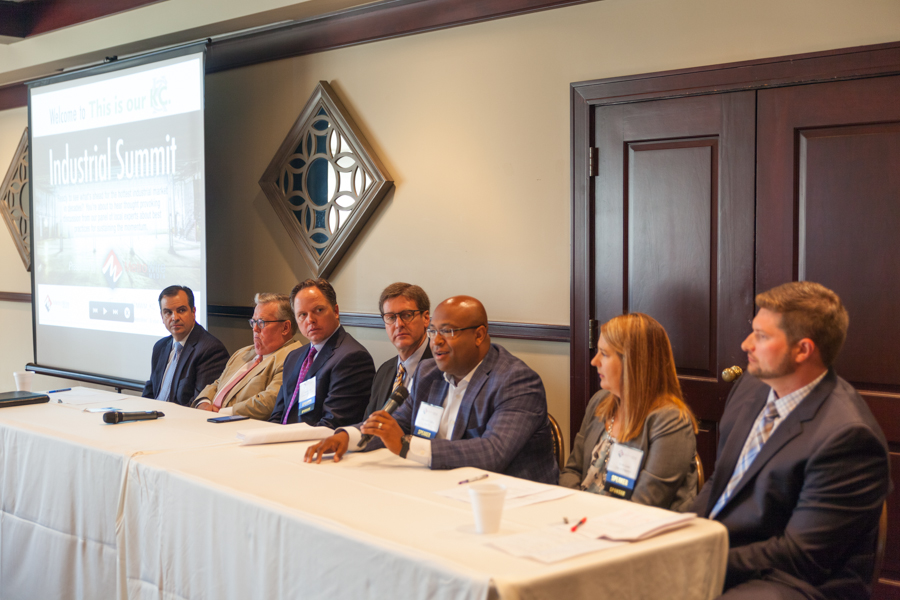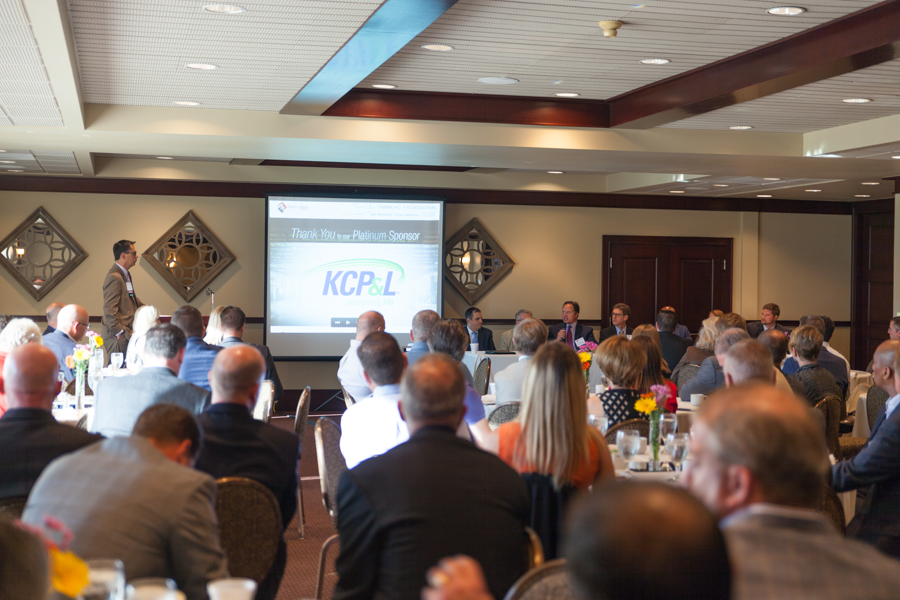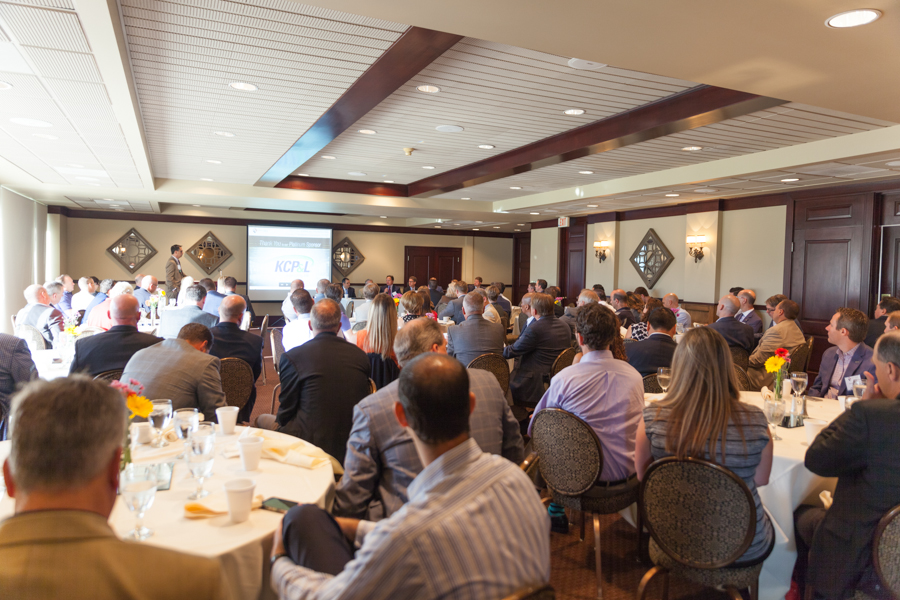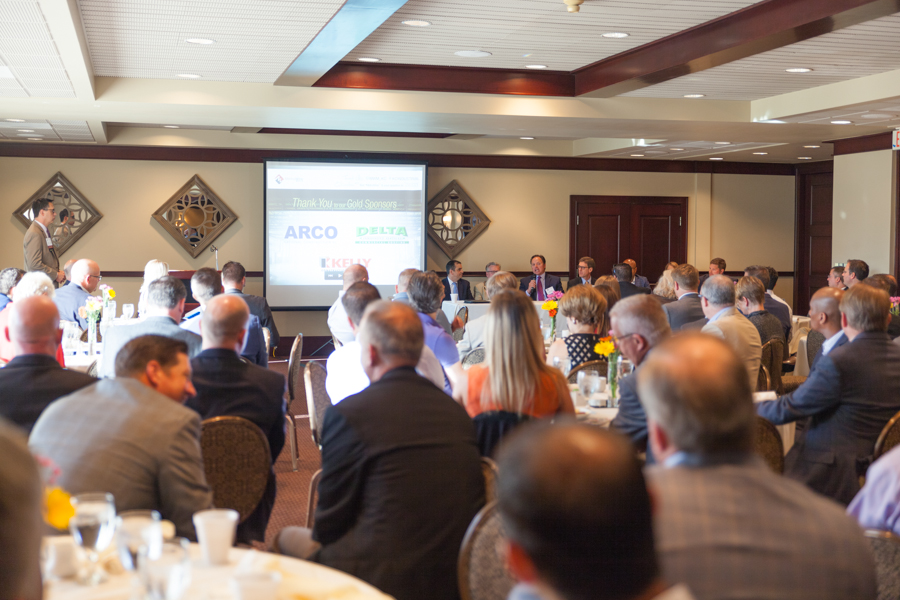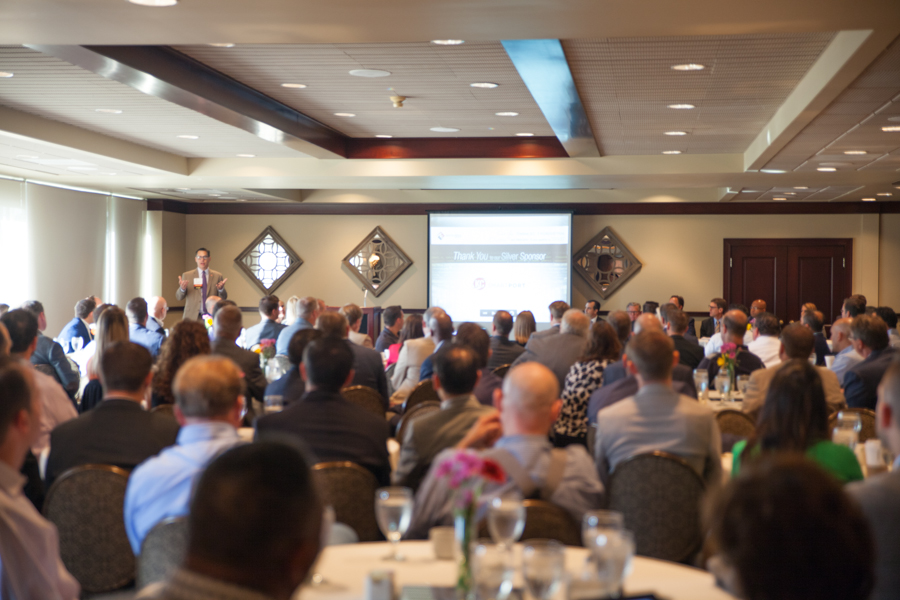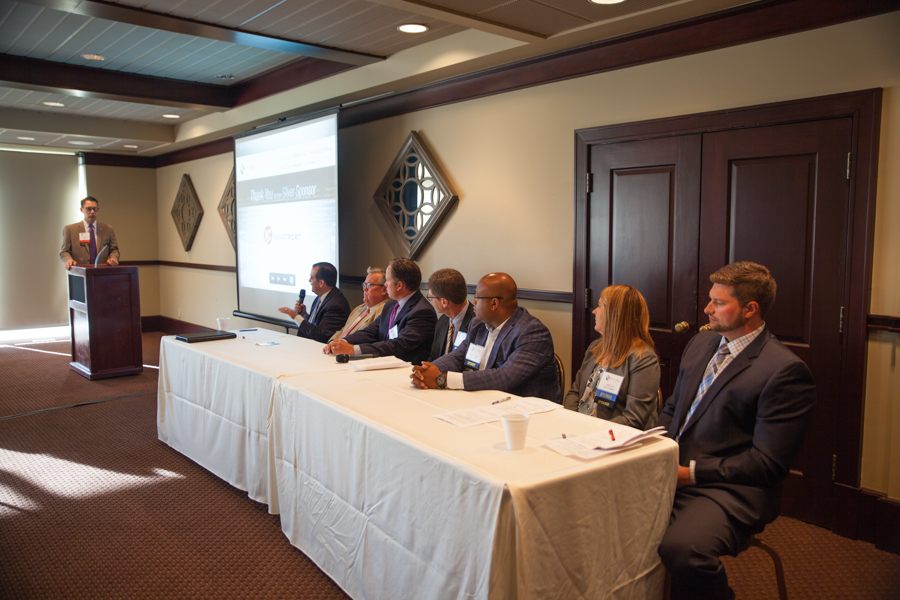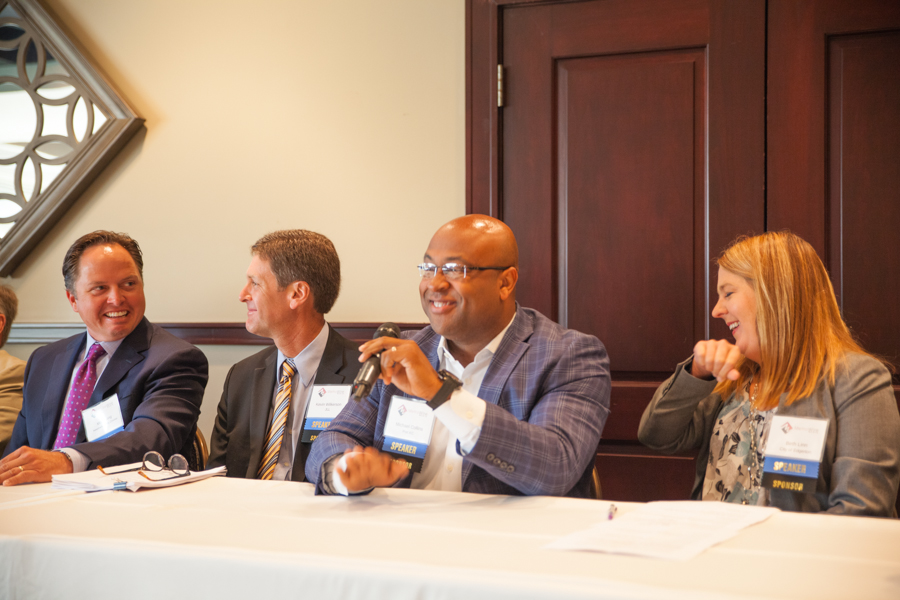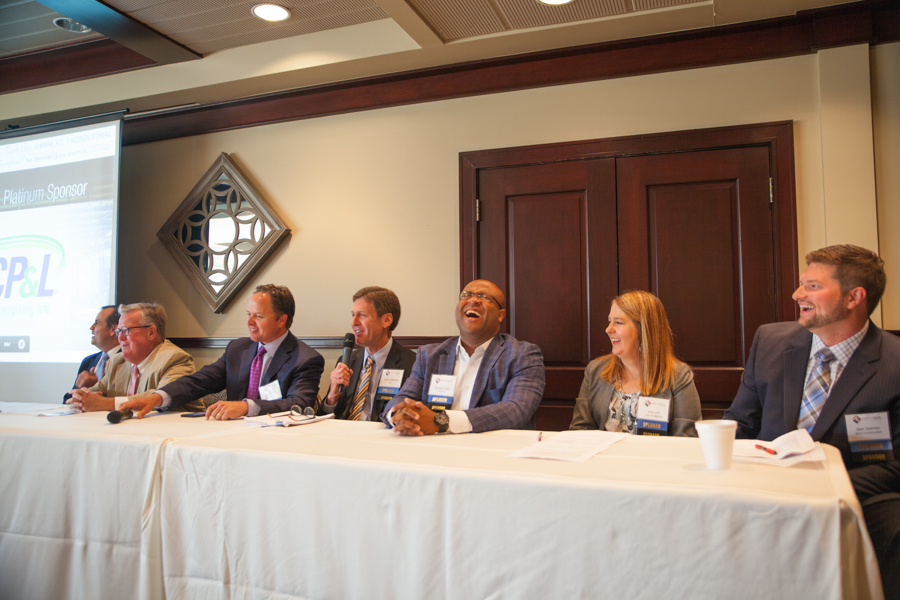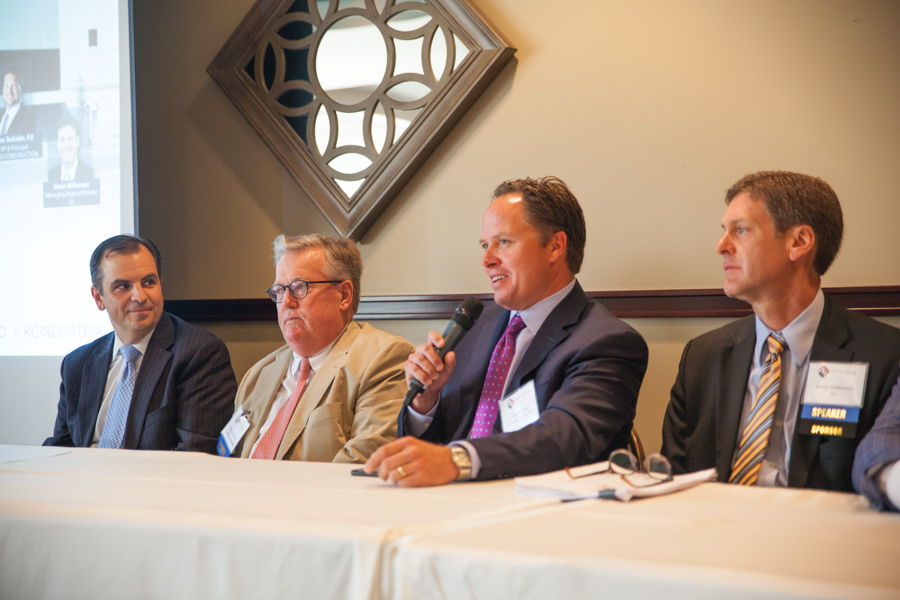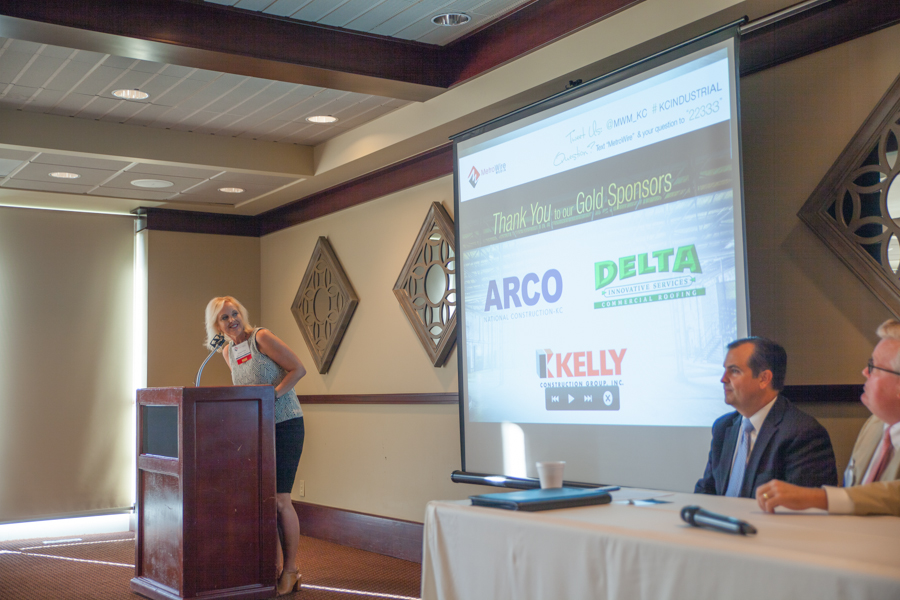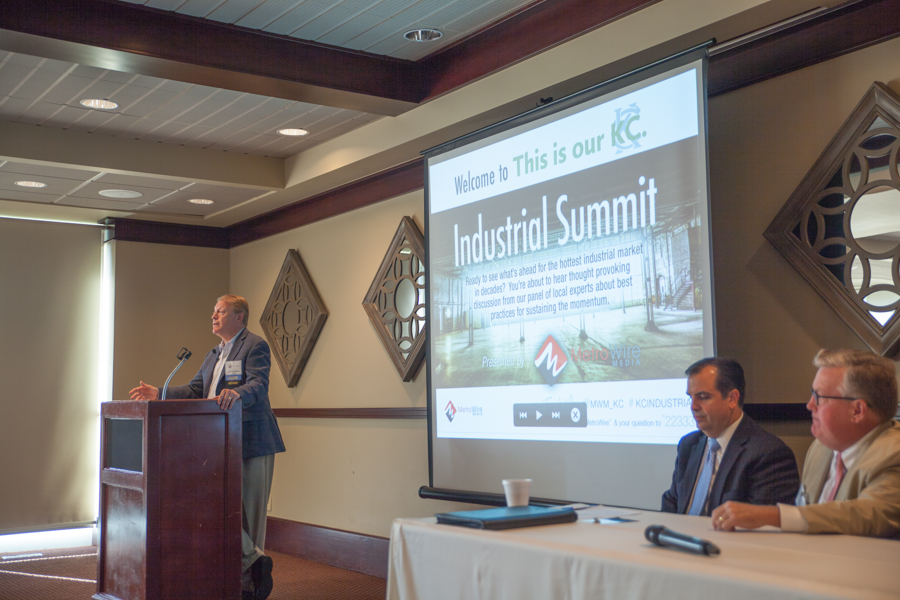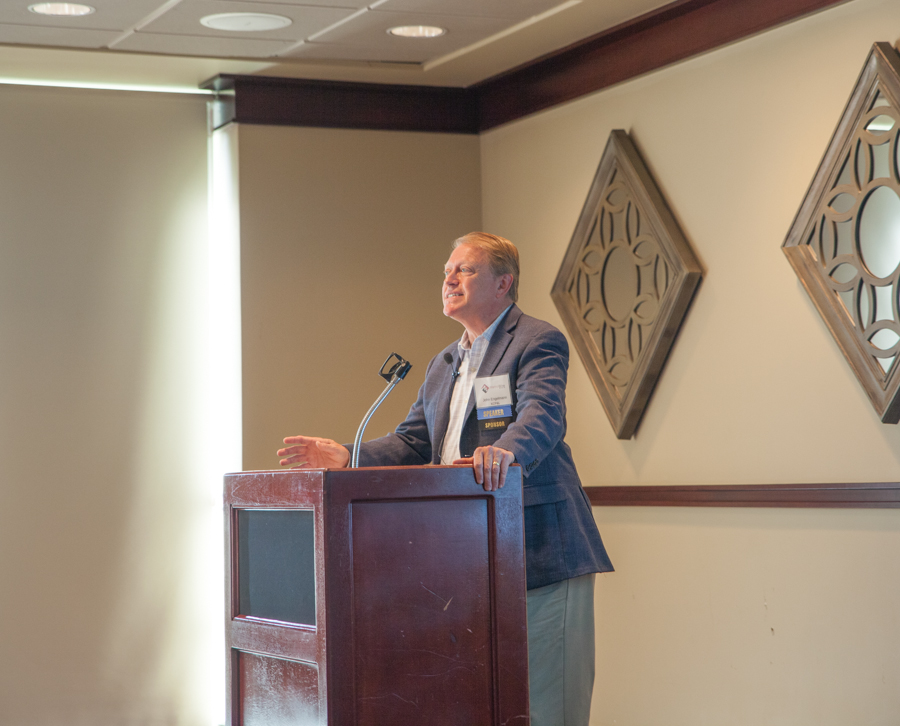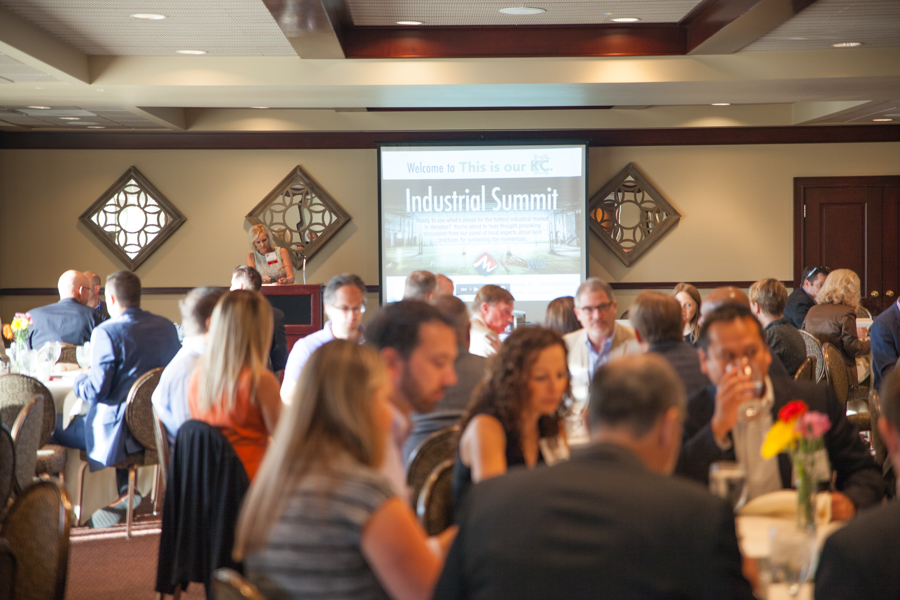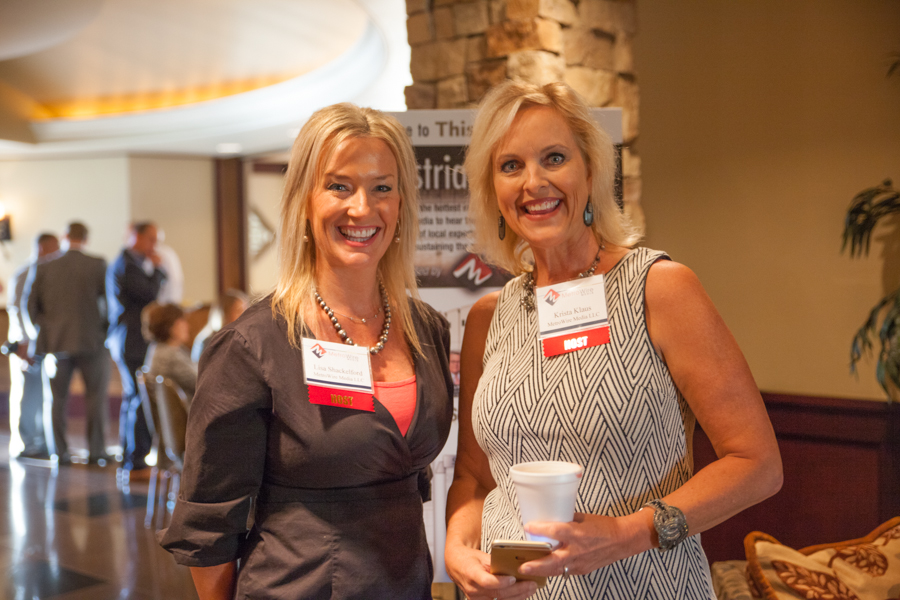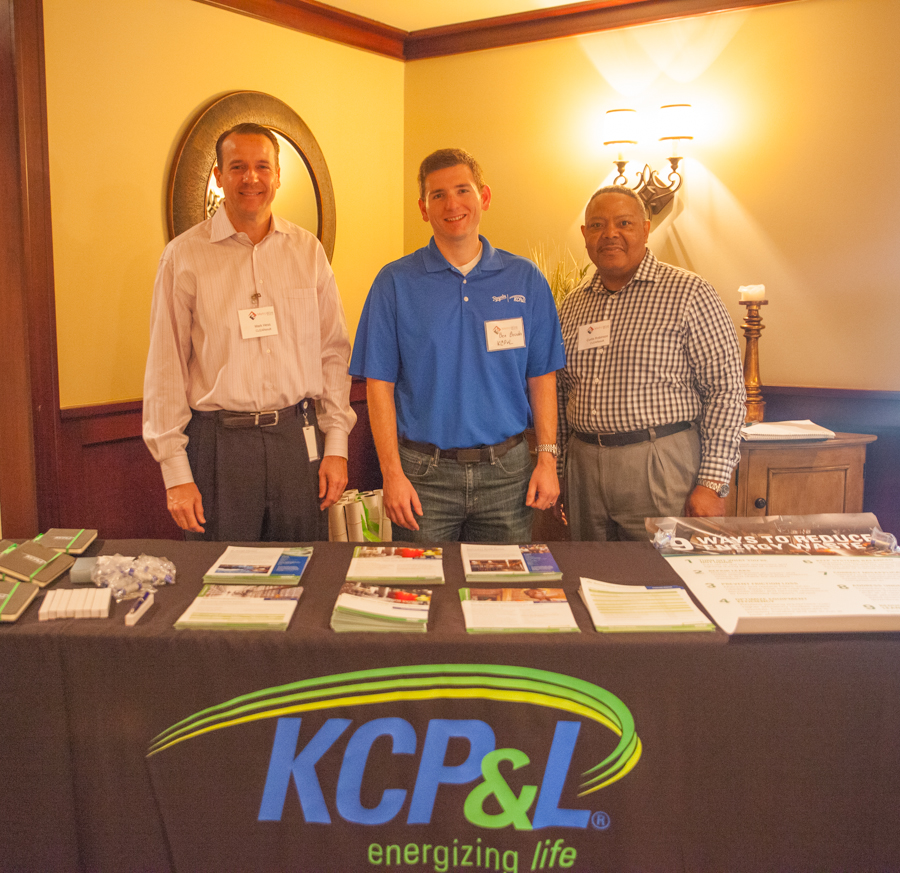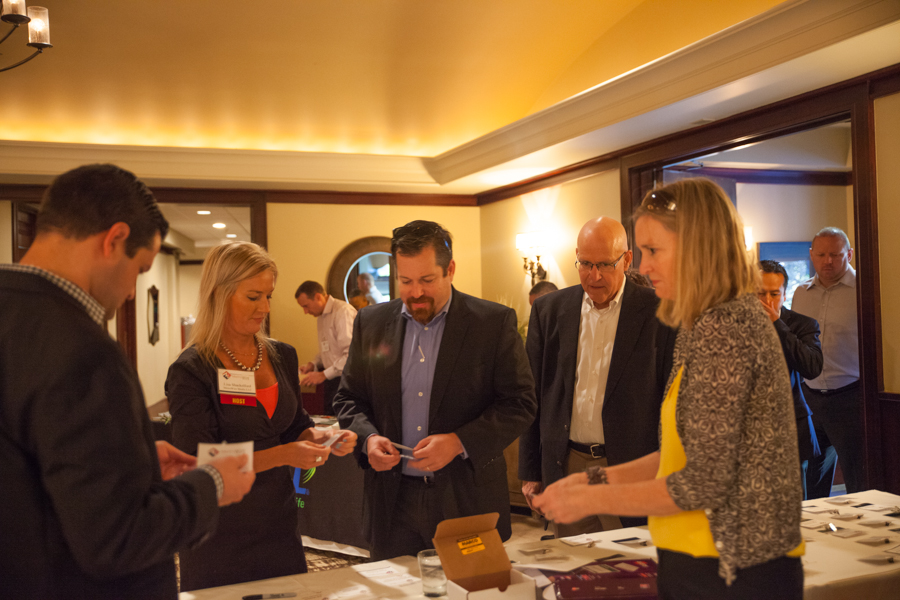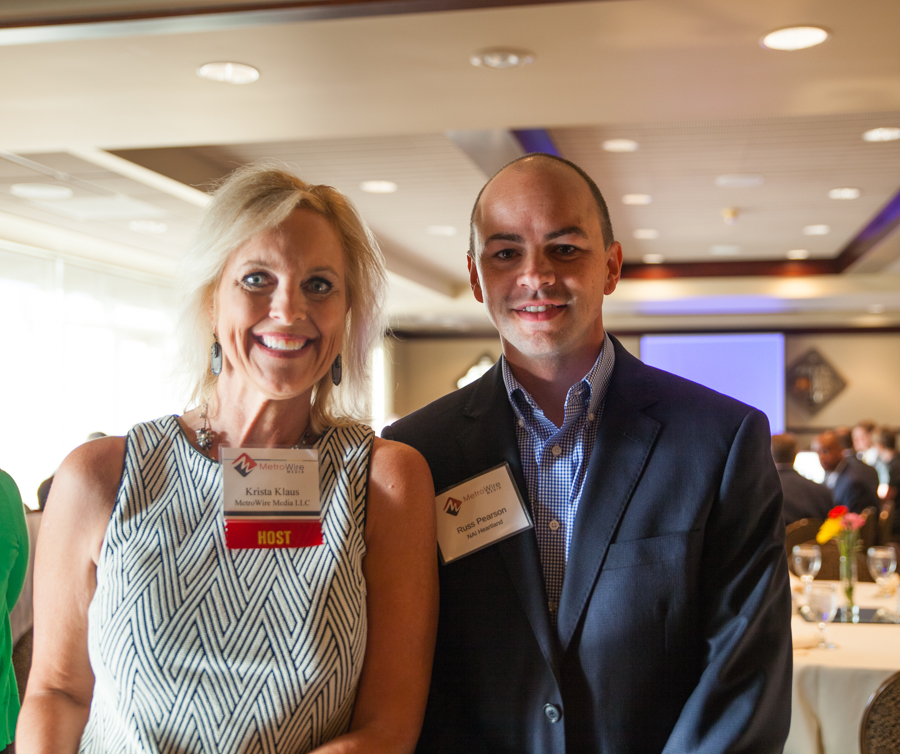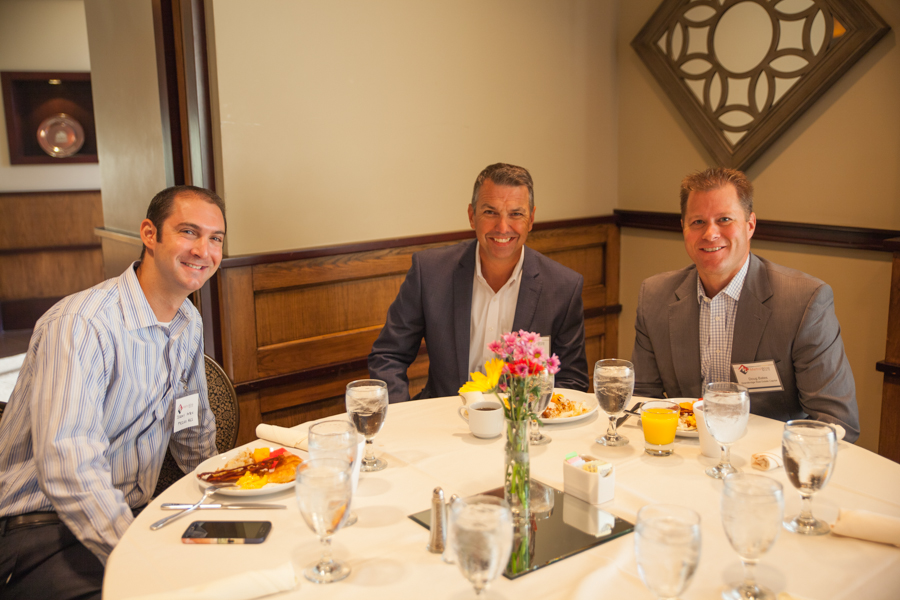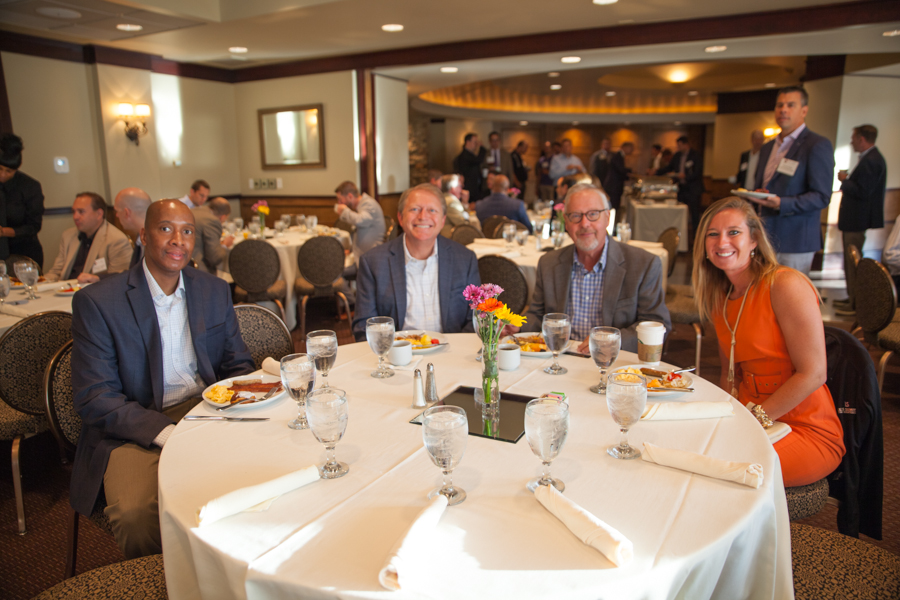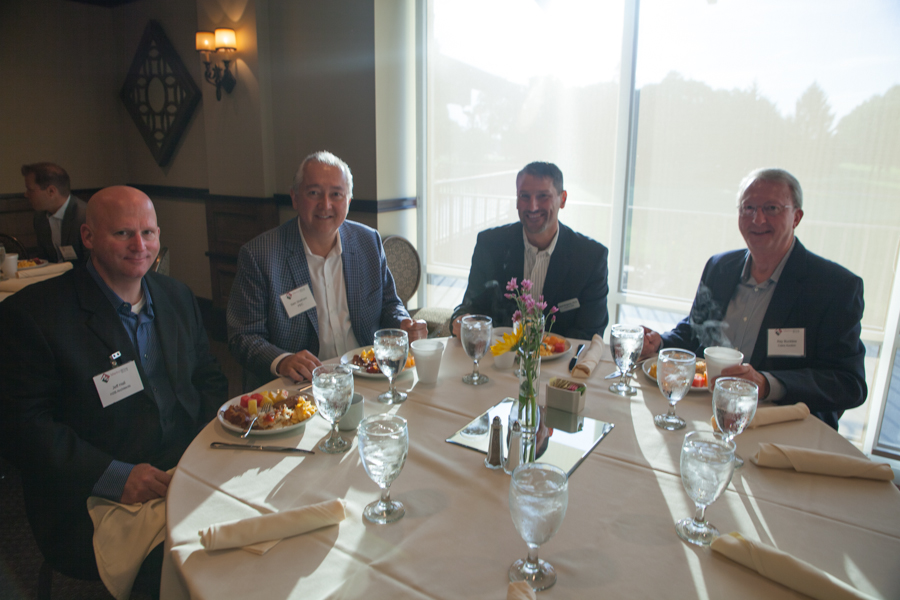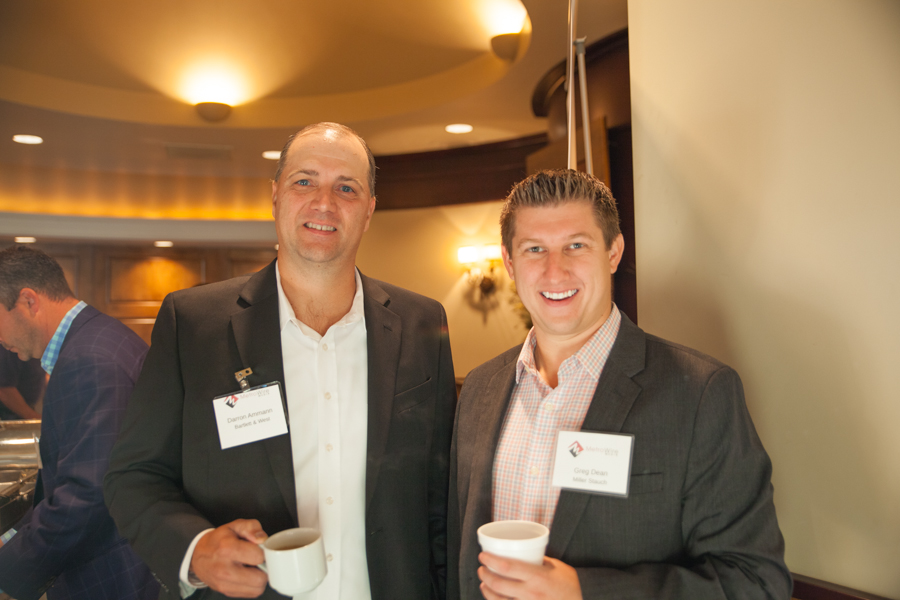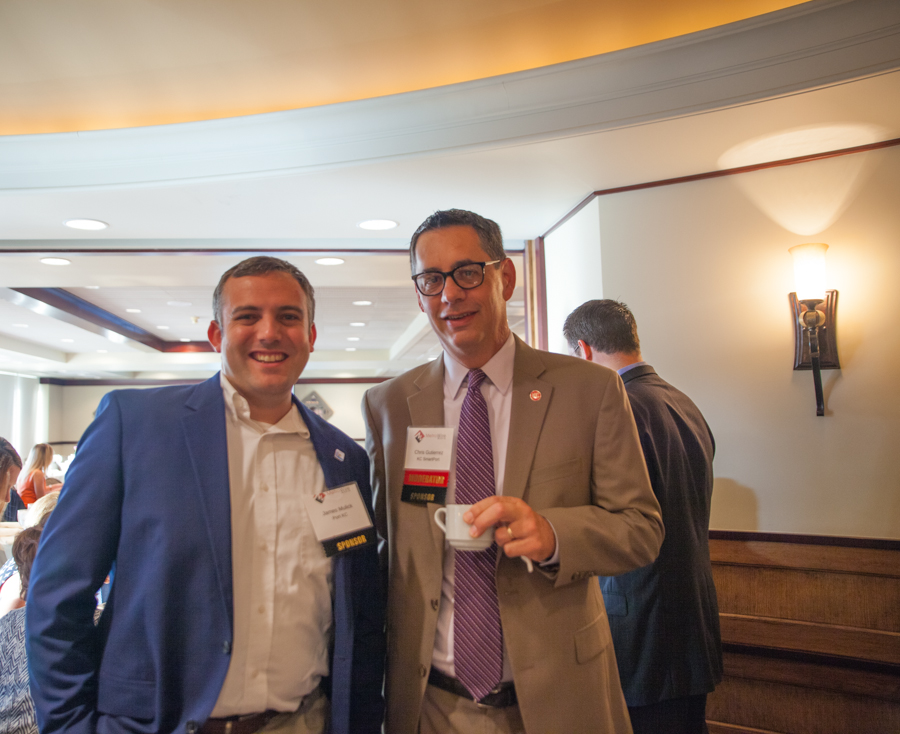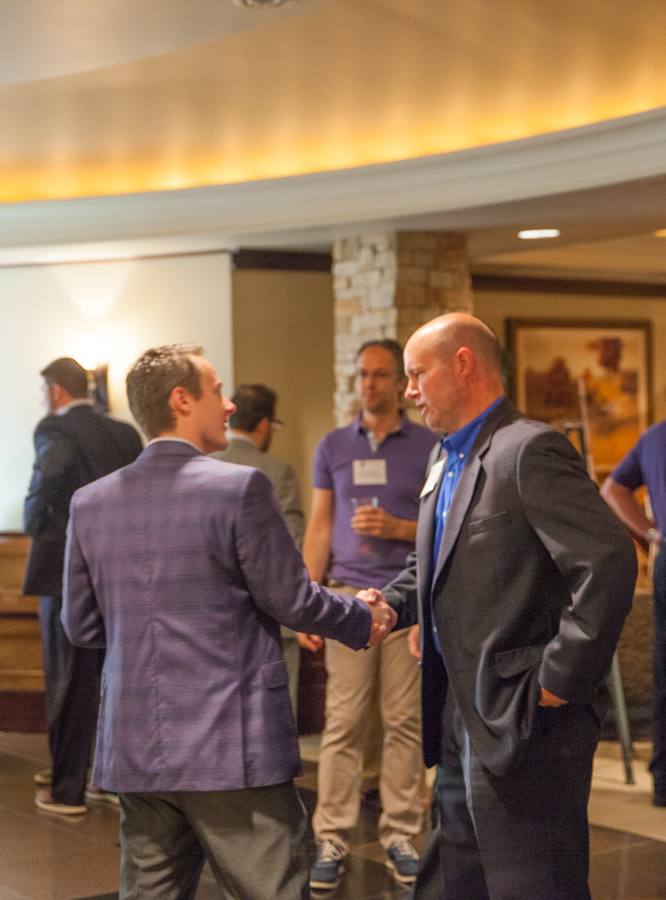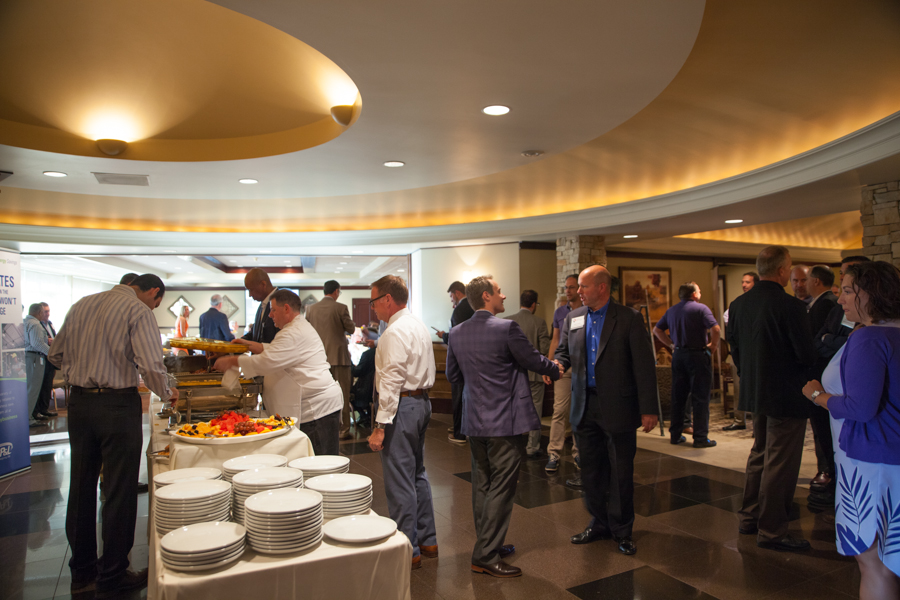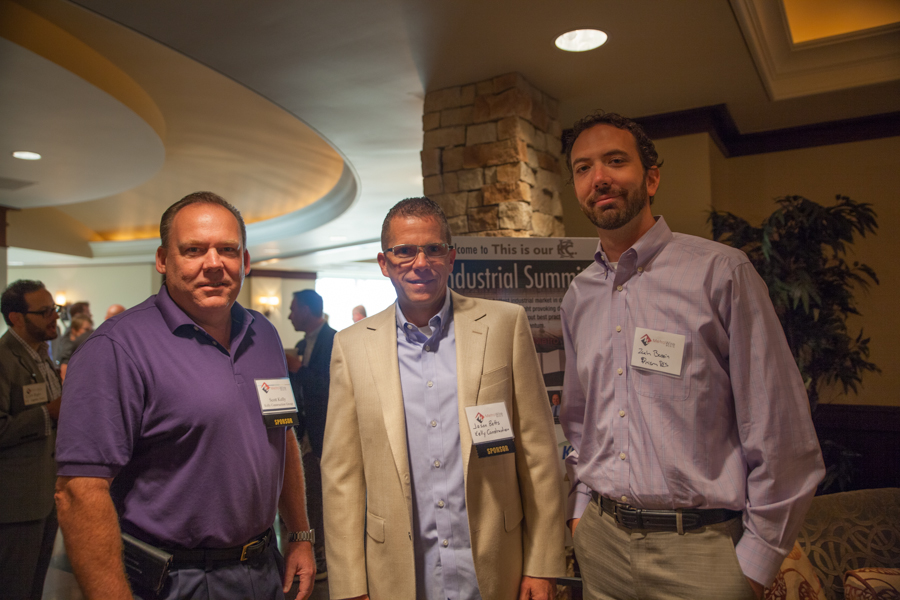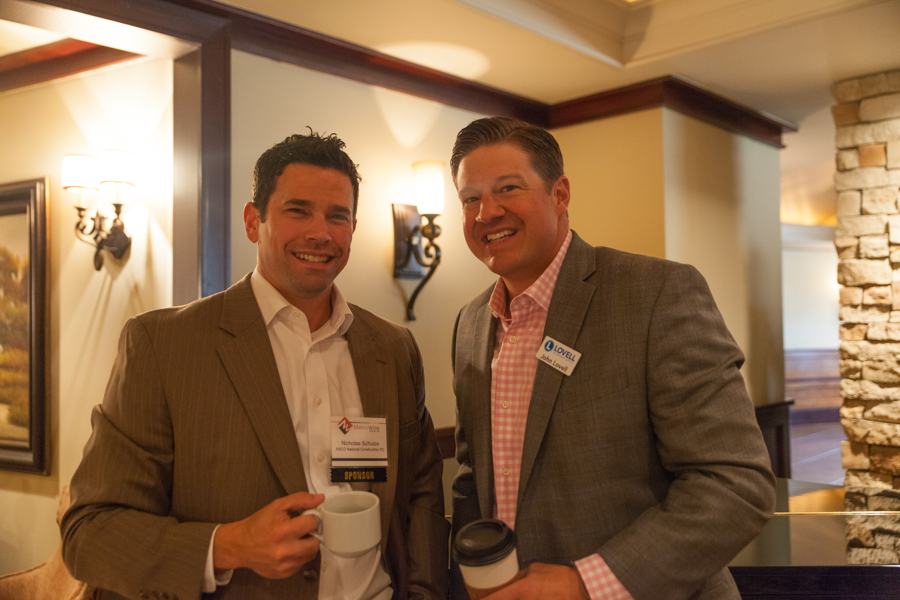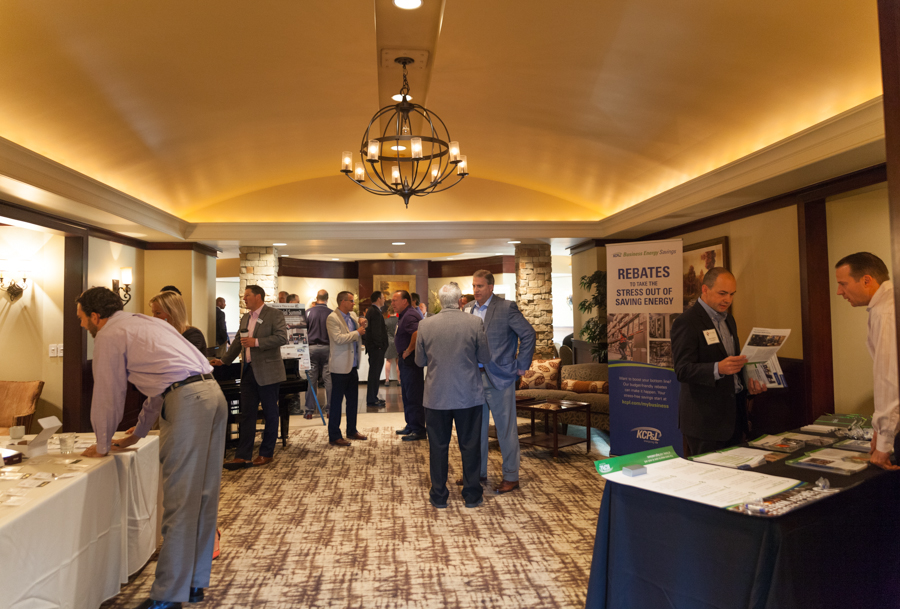There may be a perception that land is scarce for industrial projects, but according to Morgan Mutert, director of business development and governmental affairs at Hunt Midwest, land is available. Still, it may not be development-ready to meet the tight timelines demanded by users.
Mutert, a panelist at MetroWire Media’s Kansas City Industrial Summit held last week, was joined by Michael Dustman, senior project manager at SCS Engineers; Kurt Jensen, SIOR, principal/industrial brokerage at Kessinger Hunter; Sam Stahnke, P.E., vice president at ARCO National Construction; and Sean Washatka, assistant vice president at Emery Sapp & Sons, Inc., to discuss the state of the industrial market and its challenges and opportunities. Joe Perry, vice president of real estate at Port KC, moderated.
“I think the users that we are seeing are really focused on speed to market. A lot of the projects that we’ve seen in the last year, two years, maybe even before that, when we receive the request, they want to be operational within 12 to 18 months, so they’re really looking for sites that check the box and that have the utilities and meet the labor force requirement. . . . Being able to meet their timeline is incredibly important,” Mutert said.
Mutert said projects used to be led by the availability of the labor force. While that remains a top requirement when users look for industrial sites, the availability of utilities is also vitally important.
“Utilities have become a big factor for any client right now. With some of the utilities, especially in Kansas City, having certain areas where they’re stretched as far as capacity is concerned, that becomes a big issue,” said Stahnke.
Jensen agreed that the availability of utilities is key to landing new industrial projects.
“I think utility nationally is really the conversation, and Kansas City, I think, can be well positioned to accommodate that. I think that as long as we can keep getting heavy power and the proper water to facilities, we’re going to see a lot of good activity in the next handful of years,” he said.
Mutert said if a site does not support the utility demand, it could add three years to the development timeline, which the project does not have.
According to Dustman, alternative power sources like solar could help solve utility shortages.
“We are putting solar on top of landfills. We are cleaning that solar and selling it back to the grid. . . . I think solar and utility usage is a big player, and we just need to find the sites,” Dustman said.
Above: Moderator Joe Perry of Port KC addresses the 2024 MWM Industrial Summit KC panelists at JCCC in Overland Park, Kan. Panelists from left to right: Sean Washakta, Kurt Jensen, Morgan Mutert, Sam Stahnke, and Michael Dustman. Photo credit: Jacia Phillips | Arch Photo KC
Another big factor in the site selection process for an industrial project is the availability of incentives, Mutert said.
Perry said that in the second quarter of 2024, there was a hyper-supply of industrial products with 2.3 million SF on the market in Kansas City. By the third quarter, that shrank to 700,000 SF.
Although industrial development projects have slowed down this year, Jensen said that has protected the Kansas City market from skyrocketing vacancies.
According to Jensen, demand from smaller operators in Kansas City remains strong.
“We’re starting to see a lot of clients who want to go to a building that’s just for them, so that becomes that 100,000, 150,000, maybe up to 300,000 SF building,” said Stahanke.
Perry said Kansas City currently has approximately 10.6 million SF under construction, with more than nine million of that being build to suit.
“It’s all preleased. So, we’re not really bringing a lot for next year. We just talked about 2.3 million SF hitting the market in Q2. Next year, we may only have 1 million SF for the whole year,” said Perry.
Reshoring nationally will be a big emphasis for the industrial market, especially in Kansas City, Jensen said.
Perry said in the last three years, manufacturing construction in the United States due to reshoring has nearly tripled from $100 billion in 2022 to just shy of $240 billion by the end of this year.
“We are genuinely just at the cusp [of reshoring]. We aren’t even prepared for what’s going to come in the next three, five, 10 years. So there’s a lot of opportunity out there, but also a lot of pressure to be able to deliver and make sure that we can reshore and bring things home. . . . I’m optimistic we’re headed toward a healthy 2025 where we’re going to see a lot of activity from reshoring, and a lot of build to suit activity will maintain that,” said Jensen.
Dustman said developers might look at repurposing existing buildings to create industrial space, citing a St. Louis client taking steps to convert an old 14-story health department building into a data center.
“The property sits at the juncture where the power comes in. . . . Maybe developers doing a little bit of utility research up front where those resources are already laid will expedite a little bit of timing,” he said.
Washatka said construction costs on industrial projects have not increased substantially in at least the last 12 months.
“I’ve got a feeling that 2025 is going to be about a flat year as far as growth in construction costs. So if lease rates are moving, it’s a good time to build, in my opinion,” Stahnke said.
Perry said that year over year, the industrial market is looking at an approximately five percent rent growth for the last quarter of this year.
“That’s pretty healthy,” said Perry.
New industrial projects create new jobs but can also result in a housing shortage. If there is increased residential construction activity in Kansas City and other markets, that could negatively impact available resources and drive
Header image: MWM Industrial Summit KC attendees listen in on discussions related to the Kansas City Industrial sector landscape. Image credit: Jacia Phillips | Arch Photo KC




